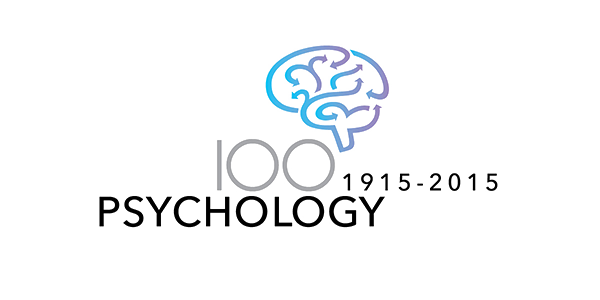Areas of Expertise
The Department of Psychology at Carnegie Mellon University is one of the top psychology departments in the world, composed of teachers and researchers at the forefront of their areas of expertise. While we strive to provide our students with a well rounded exposure to many different aspects of psychology, we are particularly strong in four topic areas: developmental, cognitive, social/health, and neuroscience.
Developmental
Developmental psychology is the study of how humans change as a function of maturation and experience. Developmentalists at Carnegie Mellon University are particularly interested in topics such as how children reason, identify categories, and begin to communicate. Across these different areas, our research is defined by a focus on the causes of developmental change, including experience, neural development, and social settings.
Cognitive
Cognitive psychology is the study of how humans think, reason, learn, and remember. Cognitive psychologists at Carnegie Mellon University study topics including memory, probabilistic reasoning, perception, and language production and comprehension. These studies are often informed by the use of computational models or mathematical theories to develop and refine theoretical predictions.
Social
Social/health psychology explores how the social world impacts our health. Members of the Social/health group study topics such as the relation between stress and illness, resilience in the face of chronic health difficulties such as diabetes, and the role of meditation in regulating our emotional wellbeing. These studies explore the link between the mind and body, drawing on insight from both psychology and biology.
Neuroscience
In addition to these three topic areas, the Department of Psychology is also characterized by a strong interest in the relation between the brain and the mind, and the use of cutting edge methods to investigate that relation. Faculty in all three of the topic areas mentioned above explore questions that are difficult or impossible to answer using traditional methods. By using neuroscientific tools such as brain imaging and the use of machine learning techniques to analyze neural data, theses areas can be investigated further. This interest is reflected in the department’s participation in the intercollege major in Neuroscience.
